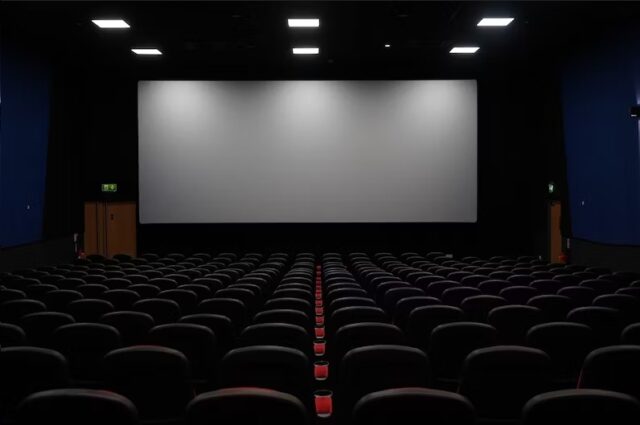Exploring the Representation of Poker Games in Cinematic History
Poker has always had a certain allure, and the silver screen has often dipped into this well of tension and strategy to spin compelling narratives. From the smoky saloon showdowns of classic Westerns to the high-stake clashes in modern thrillers, poker games have played pivotal roles in illustrating character dynamics and plot nuances. This article explores the representation of poker in films, how it’s evolved over the decades, and how it reflects broader societal attitudes towards the iconic card game.
The Golden Era: Setting the Table
In the early 20th century, poker was often depicted as a pastime for outlaws and misfits. Films like ‘The Cincinnati Kid’ (1965) embraced poker’s gritty, competitive spirit, portraying it as a game with high stakes and palpable tension. Similarly, ‘Cool Hand Luke’ (1967) showcased poker as a metaphor for life’s larger stakes and the human spirit’s tenacity.
This era encapsulated a raw, unfiltered portrayal, intertwining it with themes of rebellion and the quest for freedom. The characters around the poker table were often depicted as flawed yet relatable individuals, reflecting the complex human emotions and moral dilemmas inherent in the game. Through these nuanced portrayals, the films of this period elevated poker from a mere game to a profound exploration of human nature and societal norms.
The Modern Take: A Shift in Narrative
As cinema evolved, so did its portrayal of poker. It transitioned from the rough table of outlaws to sophisticated, mind-bending arenas. ‘Casino Royale’ (2006) exemplified this shift. The high-stakes poker game in this Bond reboot was not just a game but a clash of intellects with vast geopolitical implications. This modern rendition showcased a cerebral duel where money, reputations, and ideals were at stake.
The polished, cosmopolitan setting in the movie reflected a broader acceptance and glamorisation of poker, illustrating its metamorphosis into a game of elegance and strategy. The nuanced interplay of psychology and skill in more modern portrayals offered a richer, more complex narrative, distancing poker from its renegade roots and aligning it with a contemporary, sophisticated audience.
The Authenticity Question: How Real is Reel?

Filmmakers often take liberties with poker rules for dramatic effect, sometimes leading to unrealistic portrayals. However, films like ‘Rounders’ (1998) have been lauded for their authentic depiction of poker culture and gameplay, showcasing the game in its true essence rather than a glamorised Hollywood version.
This authenticity resonates with poker fans, drawing them closer to the narrative. It also educates the uninitiated about the intricacies of poker, bridging the gap between cinematic storytelling and real-life gameplay. By adhering to poker’s genuine mechanics and ethos, films like ‘Rounders’ offer a more grounded narrative, promoting a realistic portrayal of the game’s culture and competitive spirit.
From Fiction to Reality: The Online Transition
In tracing the poker journey from cinematic screens to our digital screens, we find a narrative of accessibility and deepened appreciation. The advent of online platforms has now made poker accessible to anyone with an internet connection, democratizing the game once depicted as the reserve of the daring or the elite in films. This shift from physical to digital tables has also brought about a new emphasis on the technical aspects of the game, like hand rankings which form the bedrock of strategy in poker.
The digital arena offers a space for enthusiasts to enjoy the game and delve deeper into its strategic nuances. For instance, understanding the hierarchy of hands, from a High Card to a Straight Flush or the coveted Royal Flush is crucial. The Royal Flush, which comprises the ace, king, queen, jack, and ten of a suit, sits at the pinnacle of this hierarchy, epitomising the unbeatable hand.
This transition from fiction to reality, accentuated by the online domain, continues the narrative of poker, expanding its realm from the dramatic portrayal in films to a globally accessible sport. The nuances once captured in the scripted drama of cinema now play out in real-time across digital tables, making the game more relatable and engaging to a broader audience.
The cinematic representation of poker mirrors its evolution in the real world, from a game associated with the fringes of society to a mainstream recreational activity and a recognized sport. Its portrayal in films reflects changing societal attitudes and shapes them, carving a unique space for poker in popular culture. By dissecting these cinematic portrayals, we appreciate the artistic and narrative value of poker in films and the broader cultural tapestry it is interwoven with.



